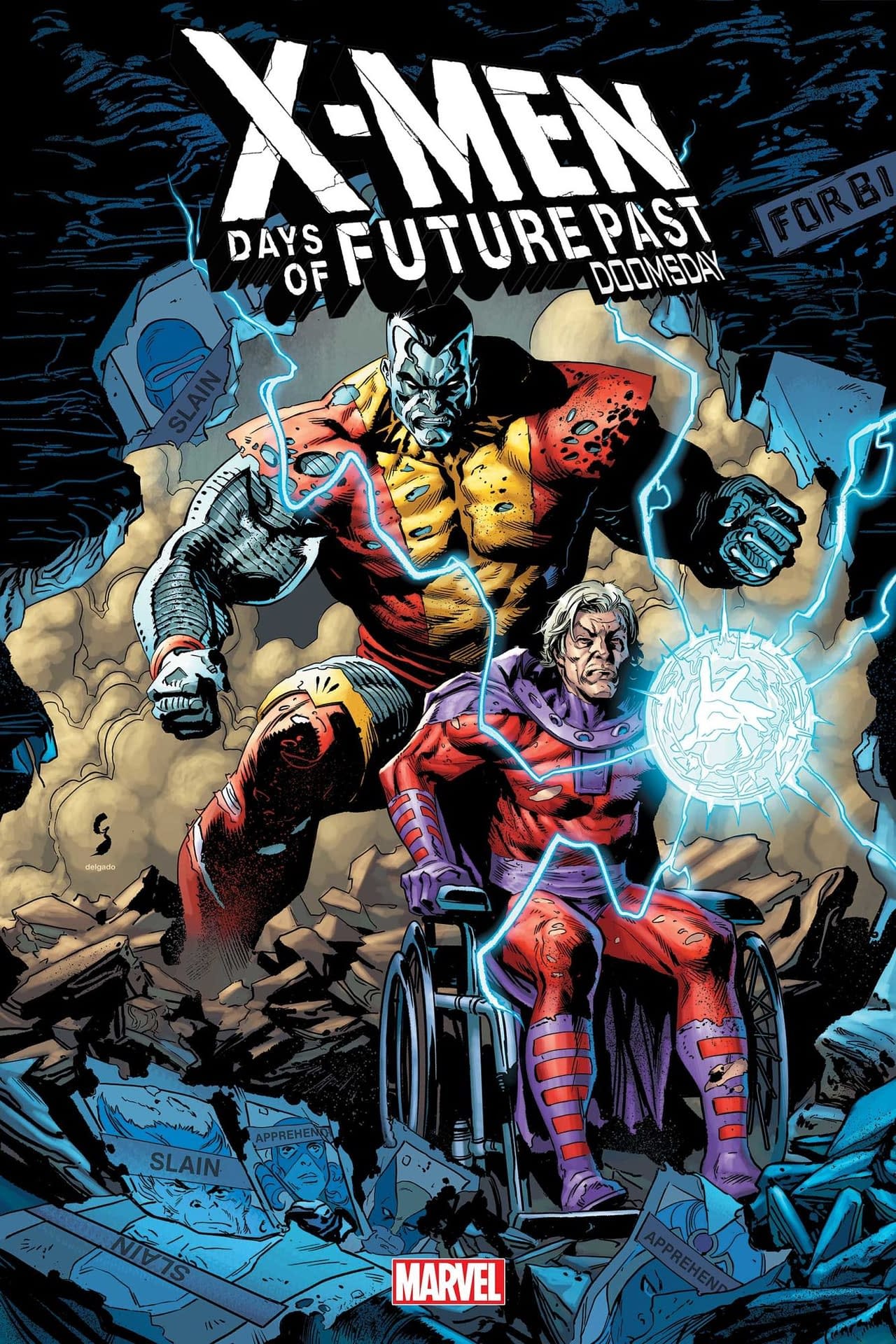Happy Labor Day.
I can’t believe it’s already September.
I missed last week’s edition because of some familial obligations, but as it turns out, there’s not much to update on given the fact that screenwriters are, y’know, on strike.
That being said, the past two weeks saw the completion of manuscript edits on PROJECT FROST. Next up, is copy edits.
In the meantime, I took the opportunity while I was in New York to see my friend Greg Pak (writer of, among many other things, the current Darth Vader comic). As it happens, Greg is an immensely talented photographer. His work with me is more akin to that of a plastic surgeon plying their trade, which is why I asked him to take the author photo for the forthcoming novel. You can check out his handiwork as well. Please bear in mind that he didn’t have much to work with as subjects go:
In other news, I also finished the spec pilot I’d alluded to in the last newsletter. It’s a legal drama — my first since the ill-fated LA Law reboot — and I probably had a bit too much fun writing it. However, there’s nothing I can do with it until the WGA strike ends. That being said, for now, let’s call it PROJECT POULTRY.
Earlier this week, I also finished the lettering draft for the fourth and final issue of X-Men: Days of Future Past — Doomsday. I’m very excited about the way we brought this one in for a landing.
Next up is the second issue of PROJECT PRIMAL. As I mentioned, this is another comic book project. There are more than a few things that excite me about it, but near the top of the list is the unique way we’ve chosen to tell the story, utilizing material taken directly from another comic published back in the 1970s. Hopefully, this crazy idea will work…
FOLLOW-UP
I’ve gotten some nice feedback on the bit from two newsletters ago about what I think goes into writing a successful television sample script. (If you missed it, you can check it out here.)
Reader Brandon Galavan had an interesting comment that I thought was worth following up on:
I've read and heard about the first 10 pages being critical, but not specifically in samples to get staffed. I wonder if this can be a double-edged sword in that a lot of new writers will be putting shocking or controversial things right up front just for the sake of it. I assume it would be pretty obvious if the uniqueness was forced and not organic. A delicate balance to get it just right.
Certainly. The truth is, it’s a mistake to do anything “just for the sake of it.” I think this speaks to an important part of writing that doesn’t get nearly enough discussion. Screenwriting advice tends to focus on character and story and plot and dialogue, all of which are certainly important. But of equal importance is how the story gets told.
Obviously, I don’t mean whether the story being told is a TV show, movie, or some other medium. (That selection is its own separate topic which maybe I’ll expound on someday.) No, I mean that once you know the medium in which your story will be told, there are numerous decisions to be made in terms of how that story is told.
At the top of this list is most likely tone. Is it serious? Comedic? A “drama” is a genre. A “comedy” is a genre. But how much drama and/or comedy to have in a given script is its own special decision.
Another way I think of tone is feel: What do I want the script to feel like? Is there a comp (a story told in a similar way that I’m looking to emulate) that I’m chasing? Is there a particular way I want the reader — and, in success, the audience — to feel emotionally?
To take a semi-specific example, in this newsletter I’ve mentioned two different law shows I’ve been working on: PROJECT EVERGREEN and PROJECT POULTRY. Both are legal shows with a focus on criminal law, but the feel of each that I’m going for is very different. Poultry is a bit more comedic whereas Evergreen aspires to be more — for lack of a better term — “elevated.” Poultry is irreverent whereas Evergreen is earnest. As a result, Poultry is less grounded than Evergreen.
All of which is to say that there are many, many, many tiny decisions that go into the way a story gets told and, therefore, how your script gets written. I do think that having a comp or even group of comps in mind can be very helpful when making these decisions.
And if you make these decisions mindfully, you’ll have given yourself a good chance to avoid the forced, non-organic elements that Brandon is talking about.
If you’re casting about for examples of other TV scripts, I’ve found this site to be good. If features are more your thing, I recommend this site (which has some TV scripts as well).
Good luck.
ARE WE TALKING?
As I write this, things have been radio silent on the WGA/AMPTP front. It’s probably not surprising, therefore, that rumors have been flying like bullets in a John Wick movie. If I had a dollar for every rumor I’ve heard, I’d almost be as well paid as your average CEO.
Speaking of my money, my two cents is that radio silence is fine — perhaps even preferable — assuming that negotiations are ongoing. But if negotiations aren’t happening — which is the current sense — then I have a feeling that good will and patience will be in short supply once we’re on the other side of Labor Day.
Be good to each other.
Best,
Marc
New York, New York
9.1.23



